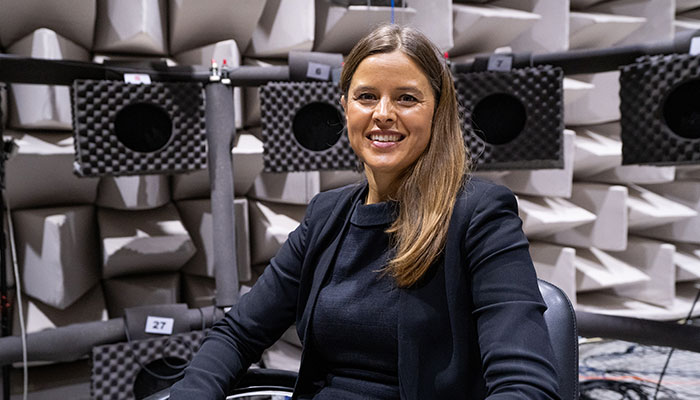Macquarie University Designated as WHO Collaborating Centre
The Hearing, Education Application Research (HEAR) Centre, which sits under the umbrella of the new consilience research centre Macquarie University Hearing, was accepted as a member of the WHO Hearing Forum in 2019, and since then has been fulfilling the extensive evaluation and appraisal requirements to become an official collaborating centre.
The HEAR Centre takes a public-health approach to hearing loss to tackle two of Australia’s most under-served populations in hearing health: adults under the age of 65 and Indigenous Australians.
By taking a community-led, public health approach to gather data, design solutions and educate clinicians, HEAR aims to change the negative impact of hearing loss in Australia and throughout the world.
Macquarie University Vice-Chancellor, Professor S Bruce Dowton says with about 1.5 billion people living with hearing loss, improving hearing knowledge and healthcare has never been more urgent.
“Being named a WHO Collaborating Centre is further recognition of Macquarie University’s role as a global hub for hearing research, education and engagement,” Professor Dowton says.
“Through our research centres, clinics and ongoing industry partnerships, the University aims to make a real difference for people with hearing loss, not only in Australia, but worldwide.”
Professor Catherine McMahon, HEAR Centre Director, says becoming a WHO Collaborating Centre will amplify the team’s research and the impact it can have in influencing hearing policy.

Research excellence: Professor Catherine McMahon, HEAR Centre Director
“This gives us the opportunity to work far more closely with government to create meaningful change in hearing health,” she says.
“It will also bring us together with colleagues doing the same work around the world, enhancing our ability to create change, whether locally in Australia or on a global scale.
“We have already made a significant contribution to the World Report on Hearing, which calls for all countries to implement ear and hearing care in national health plans, and we hope to continue to contribute in this way.”
The centre’s current priority projects include improving hearing health for Aboriginal children, helping to share Australia’s knowledge on newborn hearing screening with our neighbours in Southeast Asia, and establishing guidance on hearing-aid profiles with the aim of improving access to high-quality, effective hearing healthcare systems in low-income communities.
Professor McMahon will travel to Los Angeles next month to meet with WHO officials to finalise the centre’s work plan for the next four years.

